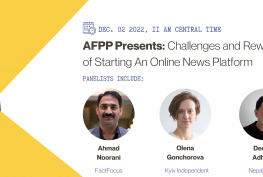April 24, 2013
Institutions, in turn, have had to rethink their response strategies.
We spoke to Harry Jansen Kraemer Jr., a management and strategy professor at Northwestern University’s Kellogg School of Management, about these new channels for publicly airing concerns. Kraemer is a former CEO and chairman of health care products giant Baxter International, based in Deerfield. Answers are edited for space and clarity.
Q: What role do websites like Change.org play for customers?
A: I am a naturally optimistic person who believes that most companies want to deliver the best to customers. However, as a firm expands, its headquarters get separated from customers, and employees work in new departments where they don’t interact directly with consumers.
Online petitions give consumers unprecedented power to band together and make companies directly aware of disservices. Such websites have a powerful role to play in reminding companies that their existence is dependent on the customer.
In the past, a complaint letter would take a few days to arrive. There is the question of whether it gets to the right person in the right department. Letters could end up sitting in somebody’s inbox for a long time, or getting ignored altogether.
Online petitions now attract tens of thousands of comments. That’s effective in bringing the issue to the attention of everybody in the organization, from its junior employees to the CEO. In the past, there was a chance that companies could get away with not addressing issues — but there is nowhere to hide now.




